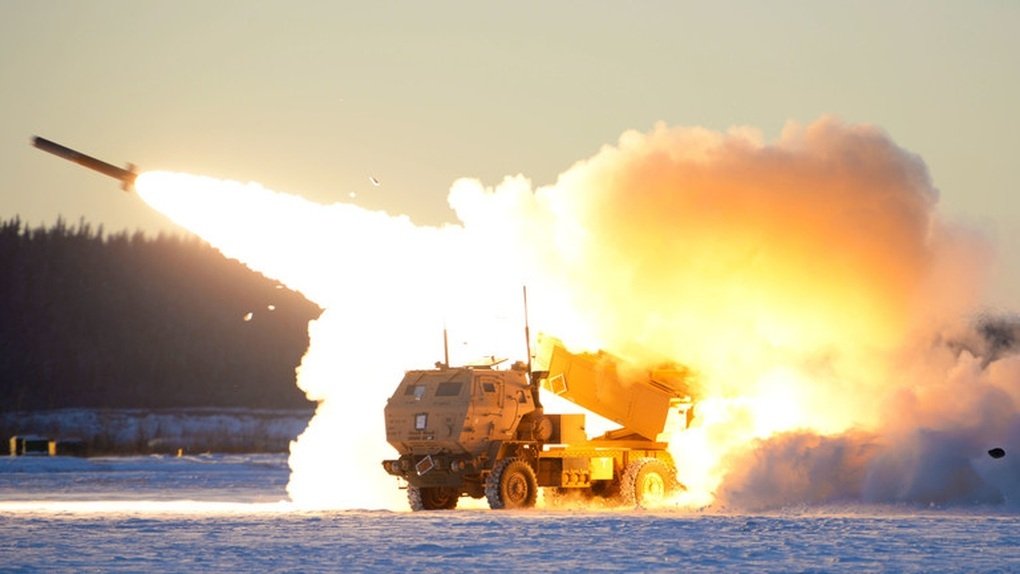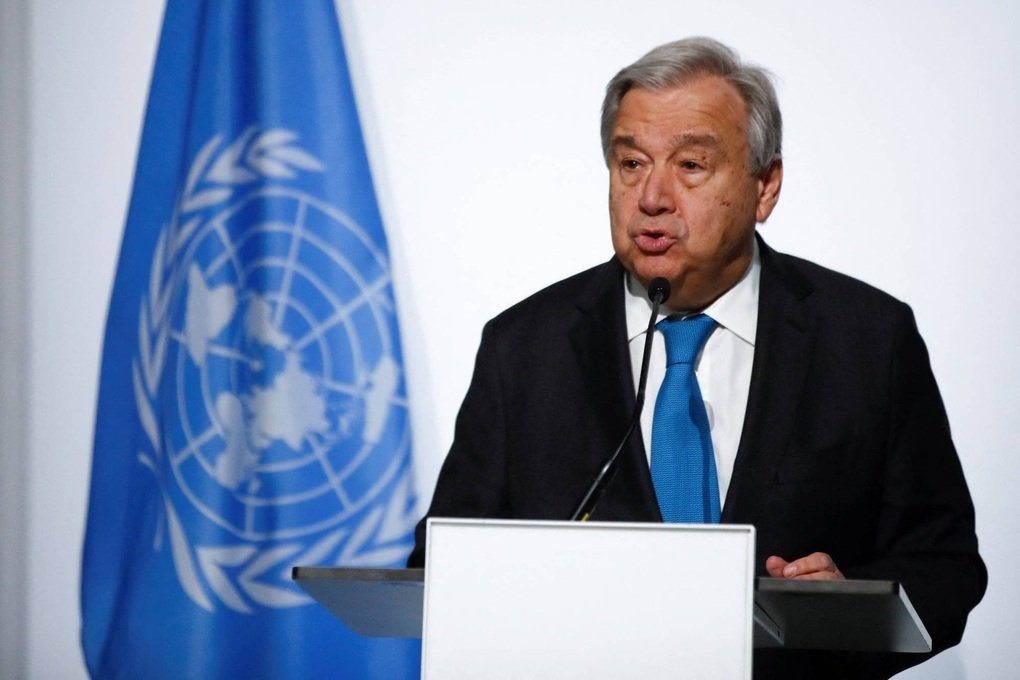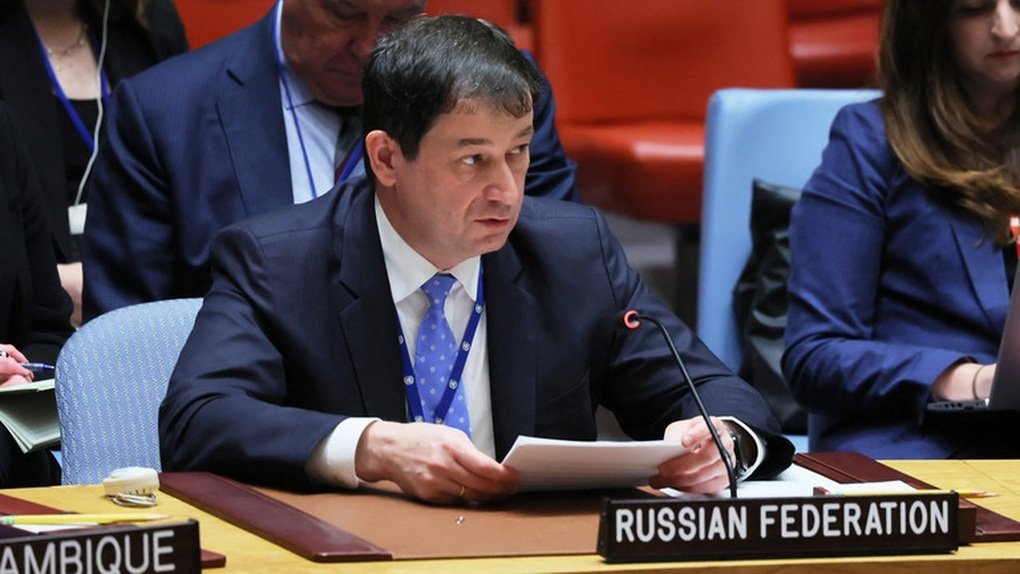(Dan Tri) – A former Pentagon official said that Russia and other potential opponents have `surpassed` the US military in the field of electronic warfare.
US HIMARS rocket artillery system (Photo: Sputnik).
Speaking at a conference in Tampa, Florida this week, former US Army Lieutenant General Mike Nagata warned that Washington is `falling behind` its opponents in the field of electronic warfare.
Mr. Nagata said that the gap between the position of the US and its opponents is `ever widening` in many aspects.
Jamming technology is increasingly becoming an important tool on the battlefield and this has been clearly shown in the Russia-Ukraine conflict.
General Valery Zaluzhny, former commander of the Ukrainian army, commented in an interview last November that Russia has the upper hand in electronic warfare.
General Nagata, head of the US Special Operations Command Center (SOCCENT) in the Middle East, said the Pentagon needs to be more creative in using radio technology, especially airborne communications.
Russia’s jamming efforts are said to have reduced the accuracy rate of US-made Excalibur artillery shells to 6% from the normal level of 70%.
Mr. Nagata said dealing with Russia’s jamming capabilities will require taking more risks in efforts to advance satellite communications and other technologies.
`The US government, especially its leadership – from senior military officers to civilian policymakers – must be willing to take more risks in testing, applying and using
Electronic warfare is a broad concept, including many techniques, such as jamming and tampering with target information.
Spoofing target information is a more complex technique that sends a series of fake locations to the weapon’s positioning system, causing the weapon to attack off target.
Electronic warfare can be carried out using low-cost but highly effective technology.
Russia has for many years been considered a powerhouse in electronic warfare, continuously improving its capabilities in this field.
Therefore, when the US sends smart weapons to Ukraine, Russia will often take months or even weeks to adapt.


